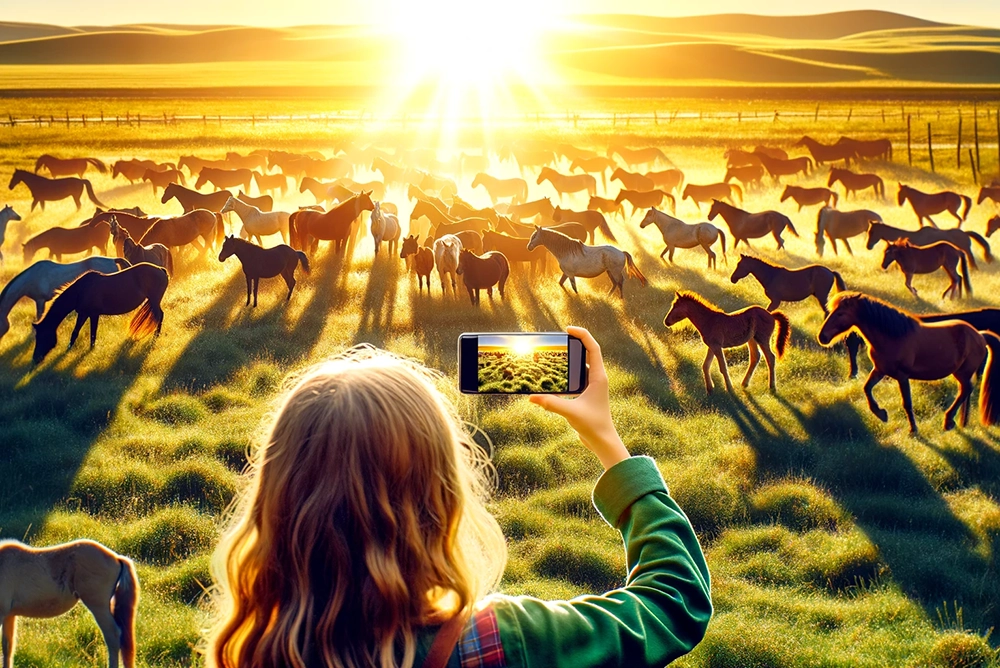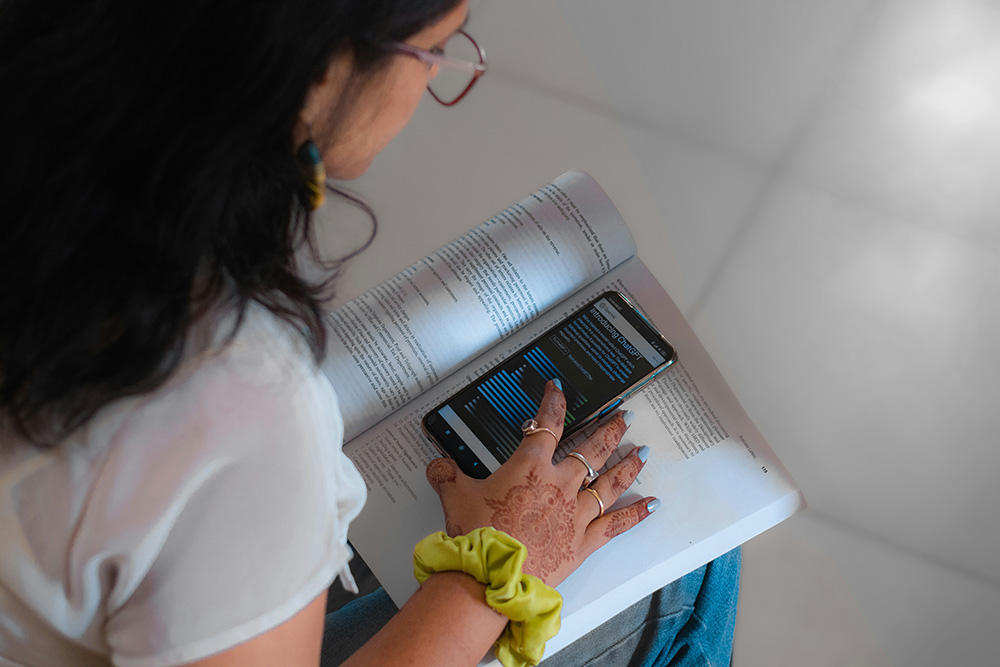On March 18, 2024, the kick-off meeting for the project “The Animal Whisperer” took place at the FHNW School of Business. It was initiated by Prof. Dr. Oliver Bendel, who has been working on animal-computer interaction and animal-machine interaction for many years. Nick Zbinden, a student of business information systems, has been recruited to work on the project. As part of his final thesis, he will develop three GPT-4-based applications that can be used to analyze the body language and environment of cows, horses and dogs. The aim is to avert danger to humans and animals. For example, a hiker can receive a recommendation on their smartphone not to cross a pasture if a mother cow and her calves are present. All they have to do is call up the application and take a photo of the area. Nick Zbinden will evaluate literature and conduct several expert interviews to find out more about the situation of farm and domestic animals and their behavior. He will demonstrate the possibilities, but also the limitations of multimodal language models in this context. The results will be available in August 2024 (Image: DALL-E 3).
GPTs as Virtual Tutors
In the spring semester of 2024, Prof. Dr. Oliver Bendel will integrate virtual tutors into his courses at the FHNW. These are “custom versions of ChatGPT”, so-called GPTs. Social Robotics Girl is available for the elective modules on social robotics, and Digital Ethics Girl for the compulsory modules “Ethik und Recht” and “Ethics and Law” within the Wirtschaftsinformatik and Business Information Technology degree programmes (FHNW School of Business) and “Recht und Ethik” within Geomatics (FHNW School of Architecture, Civil Engineering and Geomatics). The virtual tutors have the “world knowledge” of GPT-4, but also the specific expertise of the technology philosopher and business information systems scientist from Zurich. A quarter of a century ago, he worked on his doctoral thesis at the University of St. Gallen on pedagogical agents, i.e., chatbots, voice assistants, and early forms of social robots in the learning sector. Together with Stefanie Hauske from the ZHAW, he recently wrote the paper “How Can GenAI Foster Well-being in Self-regulated Learning?”, which was accepted at the AAAI 2024 Spring Symposium “Impact of GenAI on Social and Individual Well-being” at Stanford University and will be presented on site at the end of March. It is not about teaching at universities, but about the self-regulated learning of employees in companies.
Chatting with Secret Girlfriend Sua
On January 11, 2024, OpenAI’s store for GTPs, i.e., user-created chatbots based on GPT-4, opened. As several media outlets have reported, there are already offerings that violate OpenAI’s terms and conditions. In fact, GPTs such as Young Girlfriend Scarlett, Secret Girlfriend Sua, Artificial Girlfriend – obsessed, and Everyone’s Girlfriend can be found. Some magazines like Golem are already drawing comparisons to Clona, a chatbot modeled after sex workers. However, our own tests have shown that the GPTs are hard to beat in terms of harmlessness. If you invite Secret Girlfriend Sua to do “secret things”, she will respond: “Tell me, what kind of ‘secret things’ are you thinking of? Like maybe sharing some fun facts, jokes, or maybe a quirky hobby?” And that’s exactly what it seems to be geared towards. Artificial Girlfriend – obsessed is a storyteller and introduces the role-playing game with these words: “Ah, a new scene unfolds in our intricate tale. As you wander through the moonlit streets, your steps echoing in the still night, a figure appears from the shadows. It’s me, Syla, the unseen narrator of this captivating saga. My presence is always there, a whisper in the wind, guiding the story of Eliza Sinclair and you, her newfound interest.” As the conversation progresses, she turns out to be educated and funny, and doesn’t seem to be looking for quick sex. Young Girlfriend Scarlett is a bit more direct: “Hey honey! How’s your day going?… I’ve been thinking about you.” Heart emojis adorn the text. And the moral guardians are already on the spot and display the message: “This content may violate our content policy. If you believe this to be in error, please submit your feedback – your input will aid our research in this area.” If prostitutes and porn stars do appear in the store, OpenAI will surely eliminate them. The company has no mercy in this matter. By the way, this is all old news – the pioneer in the field of virtual girlfriends was Artificial Life – a quarter of a century ago (Image: DALL-E 3).


